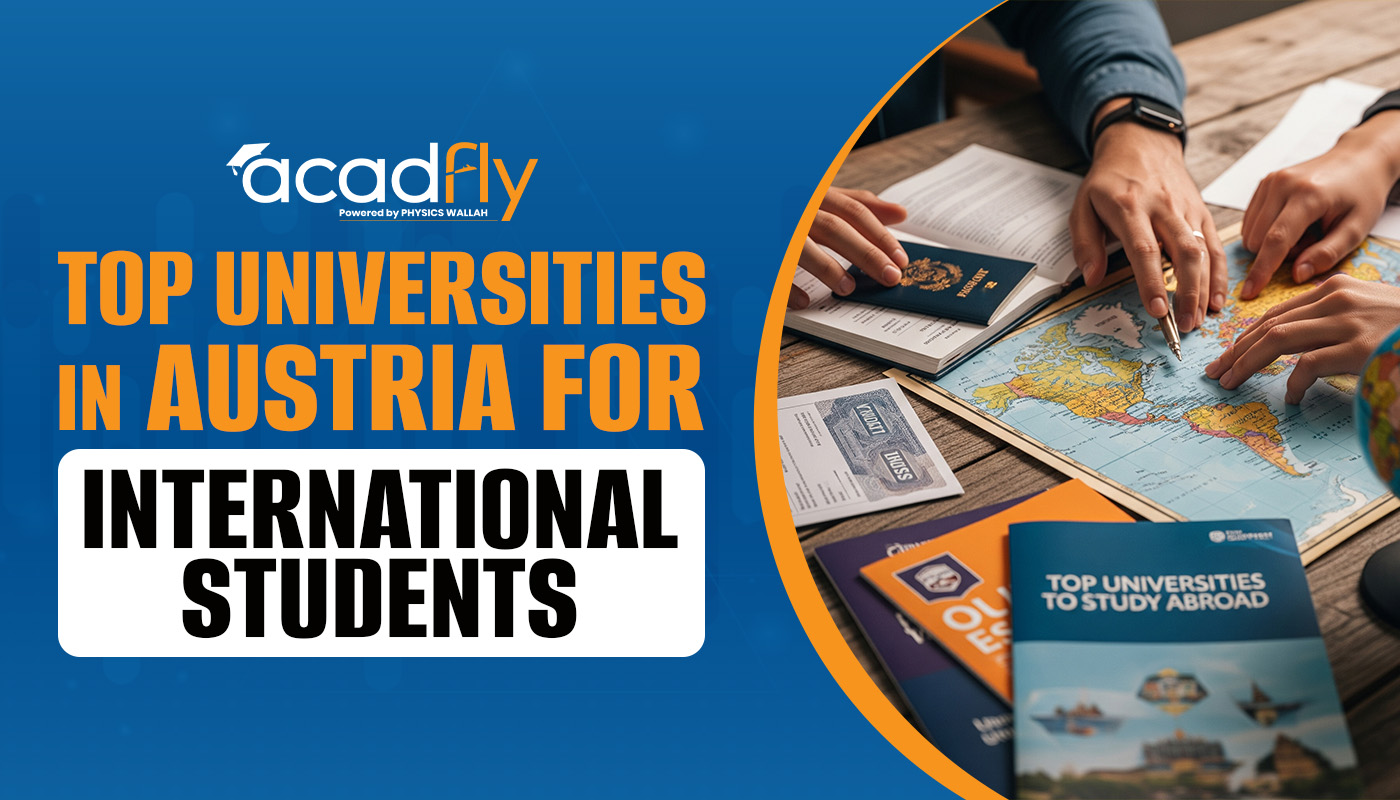

Singapore’s education system is globally renowned for its academic excellence and rigorous curriculum, particularly for international students. The nation’s strategic approach to education has transformed it into one of the leading educational hubs in Asia, attracting students from all over the world. Whether you're a parent considering Singapore for your child’s education or a student looking to study in this bustling metropolis, understanding the structure, curriculum, and benefits of the Singapore education system for international students is crucial.
This article will provide a comprehensive guide, delving deep into how Singapore’s education system works, its curriculum for different student levels, and the higher education opportunities it offers. We will also explore the positives, challenges, and nuances international students may face while studying in Singapore. By the end of this article, you will have a solid understanding of the education structure Singapore and why it is such a popular choice for global learners.
The Framework of Singapore’s Education System
At its core, Singapore’s education system is designed to equip students with the knowledge and skills necessary to thrive in a globalized world. The government invests heavily in education, ensuring that students, both local and international, receive high-quality instruction. The Singapore education system for international students follows a structured and tiered approach, similar to many Western education systems, with primary, secondary, and tertiary levels. However, Singapore’s education system is uniquely rigorous, with a strong focus on mathematics, science, and language.
How Singapore’s Education System Works
Singapore's education system is divided into several distinct stages, starting from early childhood education to higher education. The Ministry of Education (MOE) oversees the entire system, ensuring consistency and quality across all schools and institutions. International students must navigate this system efficiently to meet their academic goals.
Early Childhood and Primary Education
Early childhood education in Singapore is largely optional but highly recommended. Most children begin their formal education journey in primary school, which is mandatory for all children in Singapore, including international students residing in the country.
Primary education typically spans six years and culminates in the Primary School Leaving Examination (PSLE). During these formative years, students are introduced to core subjects such as English, mathematics, science, and their mother tongue languages. International students can choose to study a language of their choice, depending on the school they enroll in. The Singapore curriculum for students at this level emphasizes a strong foundation in literacy and numeracy, essential for their future academic pursuits.
Secondary Education
Following the PSLE, students are placed in secondary schools based on their academic performance. Secondary education in Singapore is known for its competitive nature, with schools often competing for top ranks nationally. The system allows students to choose from different educational tracks, including the Express, Normal (Academic), and Normal (Technical) streams.
International students often find secondary school in Singapore to be challenging due to the rigorous education structure in Singapore. Subjects become more specialized at this stage, with an increased focus on preparing students for higher education or vocational training. Students typically sit for the GCE O-Level examinations at the end of their secondary education, which plays a key role in determining their future educational path.
Post-Secondary Education and Higher Education
Post-secondary education in Singapore includes Junior Colleges, Polytechnics, and Institutes of Technical Education (ITE). International students can opt for any of these institutions, depending on their academic interests and career aspirations.
For those aiming for a university degree, junior colleges provide a pre-university education, leading to the GCE A-Level examinations. Alternatively, polytechnics offer more hands-on, vocational training in fields such as engineering, business, and design. The higher education system Singapore is robust and well-regarded globally, particularly for its strong emphasis on STEM fields.
Singapore Curriculum for Students: A Deep Dive
Singapore’s curriculum is designed to develop a holistic, well-rounded education, with a strong emphasis on both academic achievement and character building. The Singapore curriculum for students is tailored to promote critical thinking, innovation, and collaboration, preparing students for the challenges of a fast-evolving world.
Key Features of the Curriculum
1.Focus on Core Subjects
Subjects like mathematics, science, and English form the backbone of the curriculum. The math curriculum is particularly well-known, with Singapore consistently ranking among the top nations in international assessments.
2.Bilingual Policy
Students are required to study both English and a mother tongue language, with international students having the flexibility to choose a language that best suits them.
3.Holistic Development
Beyond academics, students are encouraged to participate in co-curricular activities (CCAs) such as sports, arts, and community service. These activities are an integral part of the education structure in Singapore, fostering teamwork and leadership skills.
4.Technology Integration
Singapore schools are increasingly integrating technology into classrooms, preparing students for a future where digital literacy is crucial.
Understanding the Higher Education System Singapore
Singapore boasts several world-class universities, attracting international students who seek a global education. The higher education system in Singapore is diverse, with institutions offering a wide range of undergraduate and postgraduate programs. Universities like the National University of Singapore (NUS) and Nanyang Technological University (NTU) consistently rank among the top in global university rankings.
Universities in Singapore
Singapore’s universities are highly competitive, with strict admission criteria. International students need to demonstrate excellent academic performance and proficiency in English to gain admission. The higher education system in Singapore is designed to foster innovation, research, and academic excellence.
1.National University of Singapore (NUS): NUS is Singapore’s flagship university, offering a comprehensive range of undergraduate, graduate, and professional courses. It is well-known for its research output and global partnerships.
2.Nanyang Technological University (NTU): Another top-tier institution, NTU focuses on science, technology, and engineering. Its global reputation in research and innovation attracts students from all corners of the globe.
3.Singapore Management University (SMU): SMU is known for its business and management programs, offering a unique pedagogy that emphasizes active learning through case studies and class participation.
The Positives of Studying in Singapore
Studying in Singapore offers a high-quality education with globally recognized universities and institutions. The country is known for its safe, clean environment, making it ideal for international students. Additionally, Singapore is a hub for innovation and business, providing great opportunities for networking, internships, and job prospects after graduation.
Global Recognition and Excellence
One of the major positives of studying in Singapore is the global recognition of its education system. The rigorous education structure in Singapore ensures that students are well-prepared for the competitive global job market. Employers worldwide recognize degrees from Singapore’s universities, making it an excellent choice for international students.
Multicultural Environment
Singapore is a multicultural country, offering international students a chance to experience a rich blend of cultures, languages, and traditions. This diversity creates a unique learning environment where students can gain global perspectives, an invaluable experience in today's interconnected world.
Safe and Clean Environment
Singapore is known for being one of the safest countries in the world, making it an ideal destination for international students. Its efficient public transport system and low crime rates ensure that students can focus on their studies without worrying about their safety.
Challenges of Studying in Singapore
Studying in Singapore can be challenging due to the high cost of living, with expenses like housing and food being quite expensive. The academic environment is also very competitive, requiring students to manage their time and workload effectively. Additionally, adjusting to the local culture and climate might take some time for international students. However, the city's excellent education system and global opportunities make it a rewarding experience.
High Cost of Living
While Singapore offers an excellent education, the cost of living can be quite high. International students often find accommodation and daily expenses to be a significant financial burden. It is essential to budget carefully and explore options such as on-campus housing or scholarships to alleviate some of these costs.
Intense Academic Pressure
The education structure in Singapore is rigorous, and many international students struggle to keep up with the intense academic workload. The pressure to perform well can be overwhelming, particularly for those unfamiliar with Singapore’s competitive academic culture.
Table: Overview of Singapore’s Education Levels and Key Features
Before delving into the intricacies of each educational stage, here is a simplified overview of the education structure in Singapore:
|
Education Level |
Age Group |
Key Features |
End-of-Level Exams |
|
Primary Education |
6–12 years |
Strong focus on literacy and numeracy |
Primary School Leaving Exam (PSLE) |
|
Secondary Education |
12–16 years |
Specialized academic tracks: Express, Normal, Technical |
GCE O-Level |
|
Post-Secondary |
16–18 years |
Pre-university education or vocational training |
GCE A-Level or Polytechnic Diploma |
|
Higher Education |
18+ years |
Undergraduate and postgraduate programs |
University Degrees |
This table provides a snapshot of how students progress through the various levels of education in Singapore. International students should familiarize themselves with these stages to ensure a smooth transition into the system.
A Guide to Studying in Singapore for International Students
For international students, understanding how Singapore’s education system works can be the key to success. Singapore offers a comprehensive support system for its international students, ensuring a smooth transition into the local educational framework.
Admission Process
The admission process for international students is competitive, particularly for top-tier universities and secondary schools. Prospective students must submit their academic transcripts, and proof of English proficiency, and sometimes sit for entrance examinations.
Student Visa and Immigration Policies
Singapore offers student visas, or Student Passes, for international students. The application process is relatively straightforward, but students must be accepted into a recognized institution before applying. It is essential to comply with visa requirements to avoid any legal complications during the study period.
Frequently Asked Questions
1.What are the language requirements for international students in Singapore?
2.How competitive is the admission process for international students?
3.What is the cost of education for international students in Singapore?
4.Can international students work while studying in Singapore?
5.Is it easy for international students to adjust to life in Singapore?
Conclusion









